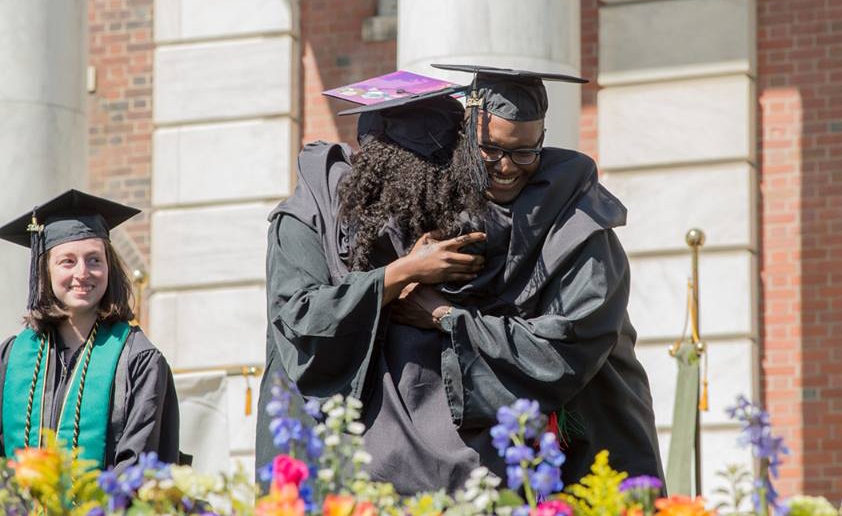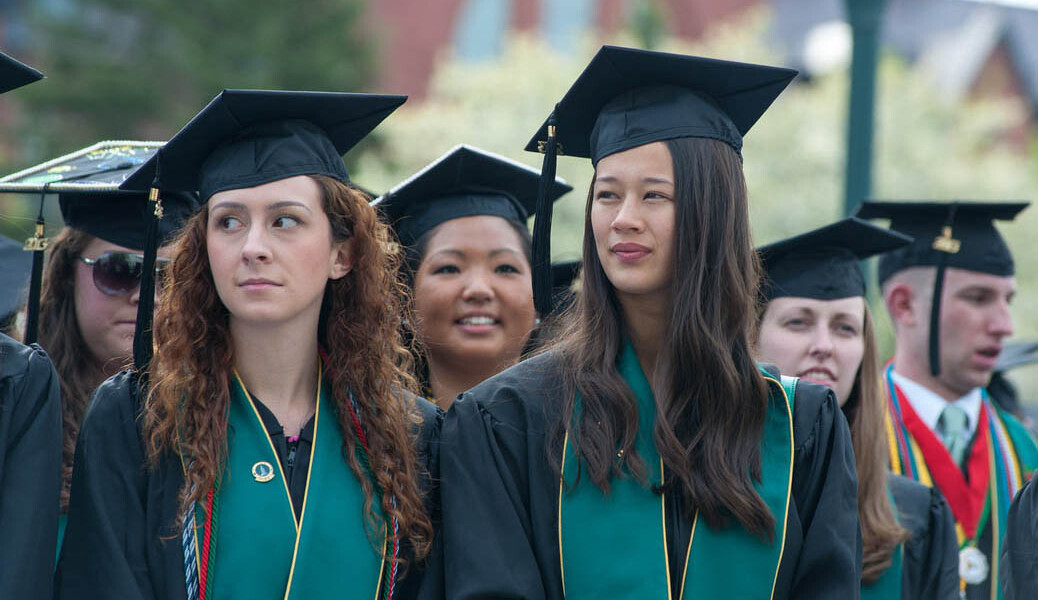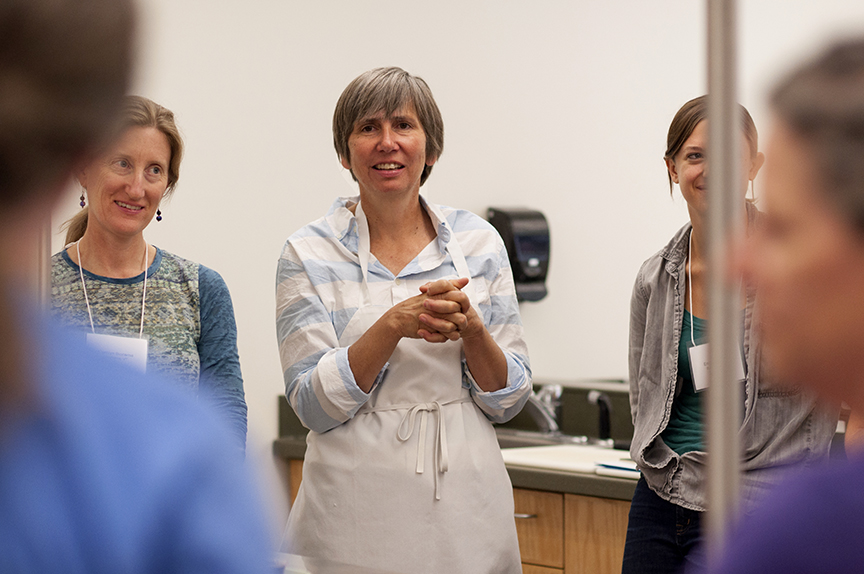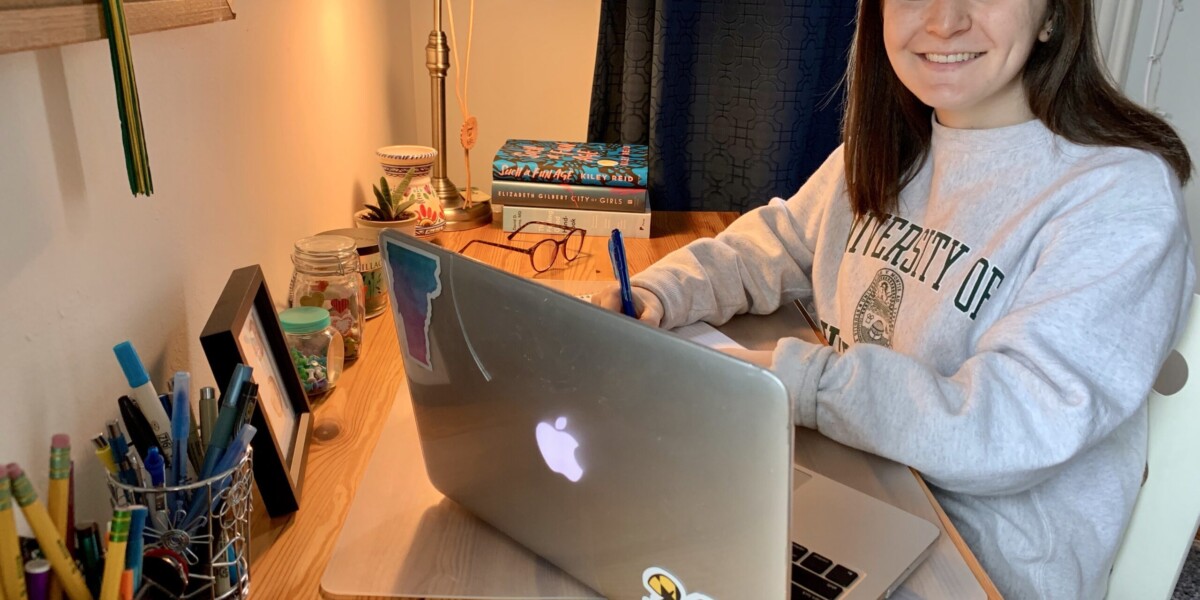By Kate Whitney
Every year, the University of Vermont gathers experts in higher education law, student affairs, and campus public safety to address the diverse challenges impacting all aspects of higher education for its Legal Issues in Higher Education Conference. Now in its 28th year, the conference will once again host a number of dynamic speakers to guide participants in shaping best policies, procedures, and practices at their home institution.

We caught up with one of this year’s guest speakers to discuss student affairs, particularly in mitigating discrimination on campus. Dr. Denzil J. Suite is a conference advisory board member, UVM alumnus, and currently serves as vice president for student life at the University of Washington.
Do you think that the prevalence of social media has made a positive or negative impact on bias-related incidents on campus? Do you think students are less apt to file grievances because of potential backlash online?
Sadly, I do think the anonymity of the online environment has had a negative impact on bias-related incidents on campus. Our students spend more time online than at almost any other task and it is ripe for abuse by unscrupulous individuals. Further, because of the prevalence of negative and hateful comments in cyberspace, I believe it has become somewhat accepted to both see and receive hateful reactions to online posts. For this reason, and because of the potential for ongoing harassment, some students are apt to ignore or delete bias-related comments rather than report them to authorities.
It seems that higher education leaders are walking a fine line, faced with upholding both first amendment rights to free speech and students’ rights to feel safe on campus. How has this challenge been addressed?
This is not just a challenge for higher education, we are seeing this struggle in all areas of society, including with the federal government and in private, public, and non-profit businesses. However, as educational institutions, we are faced with the sometimes-irreconcilable tension of creating an environment where historically underrepresented individuals feel welcomed while allowing constitutionally protected speech with erodes our ability to create inclusive communities. To address this, most campuses provide support in terms of campus organizations and programs that help give voice to historically silenced populations.
What options do students have if they feel they’ve been discriminated against on campus?
All campuses have policies and procedures to deal with illegal discrimination. Students should understand and avail themselves of these resources. Lasting change will happen only when it is made clear by colleges and universities that illegal discrimination will not be tolerated.
Do you have any experience with students expressing feeling marginalized for their discriminatory beliefs?
For the limited number of students who fall into this category, most do not believe their views are discriminatory, even when they are. Further, those who do publicly state hateful or bias-related ideology tend to welcome the attention and the resulting negativity.
According to the Southern Poverty Law Center and the Anti-Defamation League, bias-related incidents have spiked in the last few years. What do you think has contributed to the increase?
We have seen some public figures and campus speakers picking at deep and unhealed wounds associated with historical racism, sexism, homophobia, religious intolerance and other issues in this country. This has resulted in a painful reopening of scars on individuals who are not content to sit by and allow the attacks to continue unchallenged.
Are colleges making any headway in combatting bias and hate on campus?
Yes. Incidents of hate and bias still exist, but students, faculty, and staff are much better at identifying and combating these issues. We still have a long way to go, but many campuses are instilling a culture of respectful dialogue, even on historically contentious issues.
Now open for registration, the 28th Annual Legal Issues in Higher Education Conference will be October 15-17, 2018 at UVM’s Davis Center.
-Kate Whitney is a freelance writer.




